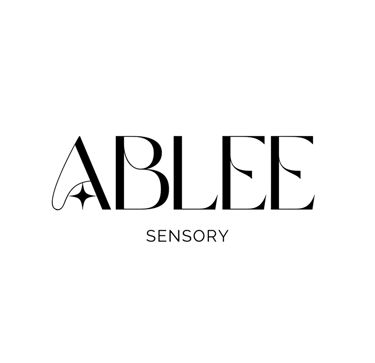Beyond the Strokes
Why Emotional Safety is Key to Water Confidence for Kids
Ablee Sensory
7/11/20253 min read


As parents, we dream of our children confidently splashing, playing, and learning in the water. It's a quintessential part of the Australian lifestyle. But beneath the surface of fun lies a sobering reality: drowning is one of the leading causes of accidental death for Australian children, especially those aged 0-4 years.
This isn't a statistic to scare you, but a call to understanding. While we diligently enrol our kids in swim lessons and maintain pool fences, there are often unseen factors that put children at risk, even those with some swimming skills.
The Hidden Barriers: Panic, Anxiety, and Unused Skills
When we think of drowning, we often imagine a child who can't swim. However, a significant number of incidents involve children who do have some water skills. Why?
The Panic Response: Imagine suddenly falling into water. For anyone, it can be a shock. For a child, especially a young one, the sudden immersion can trigger an intense panic response. This panic can override any learned swimming skills, leading them to forget to breathe, hold their breath, or simply freeze, making it impossible to help themselves.
Anxiety Hindering Learning: For some children, the fear of water or the sensory experience of it is so overwhelming that it prevents them from properly learning essential swim skills in the first place. Lessons become a source of distress rather than progress, meaning they don't gain the foundational confidence needed.
When Sensory Needs and Neurodevelopmental Conditions Add to the Risk
For children with sensory processing differences or neurodevelopmental conditions like Autism Spectrum Disorder (ASD), these challenges can be even more pronounced:
Sensory Overload: The feeling of water on their skin, the echoing sounds in a pool, the bright lights, or even the smell of chlorine can be incredibly overwhelming, leading to panic or shutdown.
Fascination with Water: Many children with ASD are uniquely drawn to water, finding it calming or fascinating. This can unfortunately lead to wandering towards water sources without an understanding of the danger.
Communication Barriers: In an emergency, a child with communication difficulties may not be able to call for help, compounding their risk.
Difficulty Transferring Skills: They might learn skills in a controlled lesson but struggle to apply them in a different, unexpected, or stressful water environment.
Research shows that children with autism, for example, are at a significantly higher risk of drowning compared to the general population. This highlights why a "one size fits all" approach to water safety isn't enough.
Building True Water Safety: Beyond the Lesson
So, what can we do to truly protect our children and help them become confident, safe swimmers?
Constant, Active Supervision: This remains the golden rule. No matter their age or ability, children need unwavering supervision around water.
Secure Fencing & Barriers: Ensure all pool fences are compliant and gates are always self-closing and self-latching.
Prioritise Comfort & Familiarity: Before focusing purely on strokes, ensure your child feels comfortable and safe in and around water. This means gentle exposure and positive experiences.
Address Anxiety & Sensory Needs: This is where a targeted approach makes all the difference. Tools that help regulate sensory input or familiarise children with water in a playful, low pressure way can be invaluable. Think about gentle breathing exercises, visual aids, or comfort items that make the water feel less threatening.
Consistent, Patient Practice: Reinforce water skills and positive experiences at home, in the bath, or through gentle play.
At Ablee Sensory, we understand these deeper challenges. Our Essential Water Confidence Kit is designed with these insights in mind, offering tools that help children develop comfort, manage sensory input, and build foundational confidence around water, whether they're battling bath time fears or preparing for swim lessons.
Empowering our children with water confidence goes beyond just swim strokes. It's about nurturing their emotional readiness and providing them with the tools to feel safe, calm, and capable in any water environment. Let's work together to make every splash a confident one.
© 2025 Ablee Sensory. All rights reserved.
Ablee Sensory acknowledges the Traditional Owners and Custodians of the lands across Australia on which we live and work. We pay our respects to their Elders past and present, and extend that respect to all Aboriginal and Torres Strait Islander peoples
